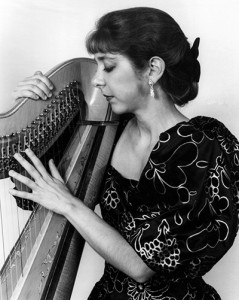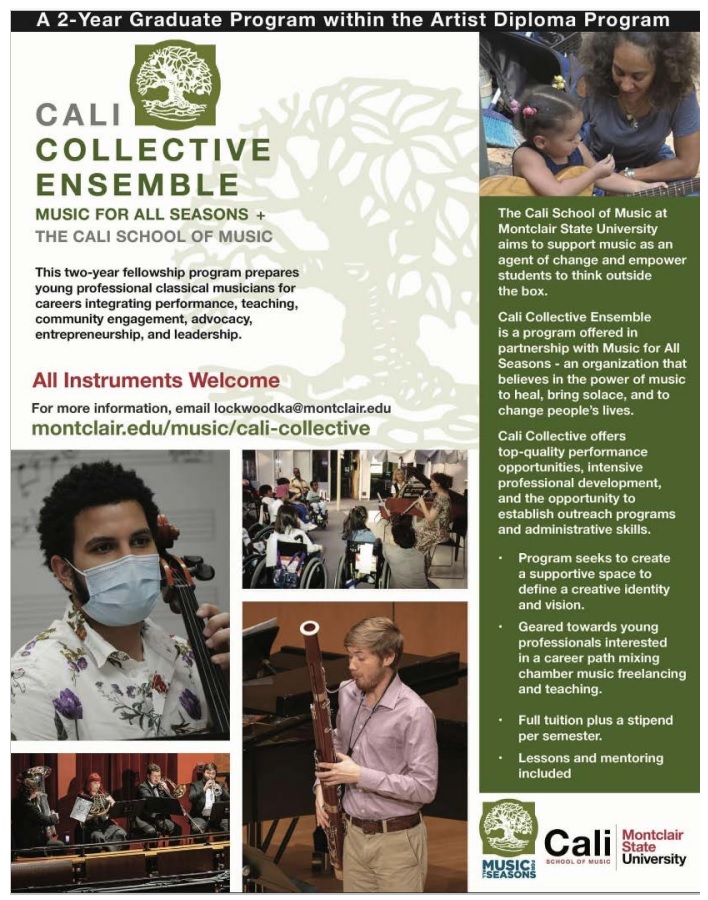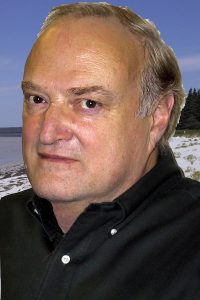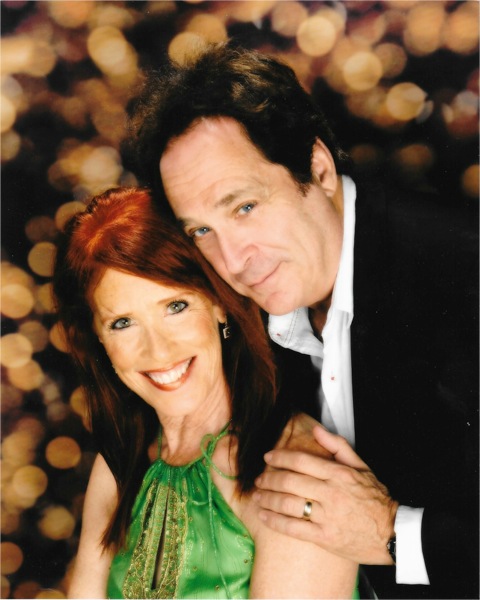 DIANE MICHAELS, Harpist
DIANE MICHAELS, Harpist
Interviewed by Courtney Mayes
Music For All Seasons would not be able to provide music for the many shelters, hospitals, housing facilities, and veterans it does without the great talent of our musicians. This blog takes a look at what a Music For All Seasons performance is like from the perspective of the musician. We interviewed Diane Michaels, a harpist, who has been working with Music For All Seasons for more than fifteen years.
What is your musical background?
I have a Bachelor of Music Degree in Harp Performance from Oberlin College Conservatory of Music.
What programs have you participated in with MFAS?
Recently, the bulk of my performances have been in shelters for victims of domestic abuse and the programs are geared toward the children in residence. Through the auspices of MFAS, I have performed for residents of a Juvenile Detention Center, at an Adult Correctional Facility, and for seniors in a variety of venues: Hospices, Hospitals, Senior Housing and Long-Term Care facilities.
What is a MFAS performance is like from your perspective?
Regardless of the age group I’m performing for, I generally feel the excitement of the audience members when I wheel my harp into the facility. I sense I am a welcome change from their daily schedule. Some folks will interact with me, and more often, my harp as I take off the harp cover. Most people have never seen a harp, so my performance begins before I’ve played a note.
Performing for seniors is easy because I meet so many folks with a rich experience of listening to music. I know they will have personal connections with my repertoire. When performing for children, I often am introducing them to the concert experience. The harp is not the most, oh, energetic of instruments and requires a more still type of listening. I speak in between each piece, looking to give them a sense of familiarity or a game plan for listening to an unfamiliar piece. At my most recent performance – JBWS – I began with the question, “Who has ever heard of Beethoven?” I got a good show of hands.
The sense of recognition continued when I played Beethoven’s “Fur Elise,” and I think when my audience feels a connection this early in a program, they sustain a much greater interest. Young children do get restless, but older ones, especially kids who have had exposure to music through school programs are more engaged. Although I have put together programs where I invite kids to dance to my music, I find that works best when I have a couple of 8-year old girls to lead the way.
I am comfortable with my role as a relaxing, rather than energizing performer. Some of my more memorable performances have been for people who needed to listen to a soothing program. One comes to mind: I was at a shelter. My audience was 3 pregnant women and a 4th who had just had her baby. At the end of the concert, all 3 pregnant women plus the baby were asleep. Through my music, I provided what they needed.
What is the most rewarding part about working with MFAS?
I was about 9 or 10 when I first learned how my performances affected my audiences. Prior to that, I had only thought about the harp from my side of it. As much as I loved the instrument, I was even more excited to know other people felt something when they listened to me. I would much rather be an active part of the musical experience through a live performance than to hope the same happens when someone listens to a recording I’ve made.
MFAS introduces me to audiences who may not seek out an evening of harp music. When they have a profound experience listening to a live concert, it comes in a natural and unexpected manner. I am at once challenged to reach them, but also free from an audience challenging me to deliver an anticipated experience.
Do you have any experiences/stories to share that really stand out to you during your time with MFAS?
I have had a few moving encounters from my years with MFAS. The most vivid came through one of the shelter concerts. I arrived to find no one in residence at a particular shelter. I always enjoy chatting with the staff members there, so I stayed for a few minutes and we talked about an idea for an art project to combine with my next visit. While we were talking, she had to take a call on the hotline. A woman and her children were in crisis and soon were picked up to bring them to safety. Someone had the idea to hold off on the paperwork, and bring them directly to the shelter for a short concert. As I played for the family, the older son, about 5, started asking me questions. He wanted to know about school, chores, and other important areas of his life. I felt he chose me, rather than someone from the shelter because though the harp, I made him feel better about being thrust into a new world. When I finished the program, his mother cried, very quietly. I don’t think they were the sort of tears that reflected the active cycle of her recent trauma; they were calm, cleansing tears. Again, I had the sense that I brought her to that place through my music.







 DIANE MICHAELS, Harpist
DIANE MICHAELS, Harpist